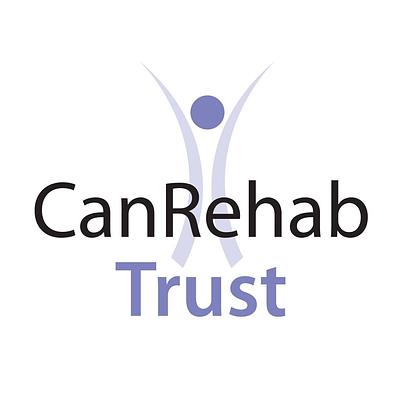

People who have had a cancer diagnosis are matched with a registered cancer exercise qualified instructor who can provide them with either on-line or face to face individualised support.
CanRehab Trust was founded by Anna Campbell MBE who is a Professor with a special interest in cancer and exercise and founder of the first training provider for cancer and exercise rehabilitation in the UK.
The Charity seeks to support people who have had a cancer diagnosis to stay or become more active, and so increase their ability to self-manage during and after cancer treatments, and improve their quality of life. CanRehab Trust has developed a register of approved personal trainers and health professionals qualified to provide, tailored exercise programmes for people living with cancer.
We aim to match individuals who may require a physical activity programme, to an appropriately qualified instructor who can provide a number of exercise sessions that are tailored to the person's needs based on their diagnosis, stage of treatment. other health issues and previous exercise experience.
Latest research shows that if you are born after 1960, your lifetime risk of being diagnosed with cancer is now 1 in 2. There are over 360,000 new cancer cases in the UK every year - that's nearly 1000 every day (CRUK).
Over the past few years researchers have discovered how being physically active can have a positive impact physically and psychologically on people who have had a cancer diagnosis, and in some countries exercise is now considered as a component of a patients treatment. The following diagram shows how being physically active can benefit people who have been diagnosed with cancer at any stage of their treatment pathway.
Recently, we have seen more research seeking to understand the importance of physical activity as part of a rehabilitation programme. Undertaking physical activity before treatment is believed to have a number of benefits for patients such as helping tolerate treatments and even better treatment outcomes for people with certain cancers. For example one review of studies showed that patients with lung cancer had fewer post-operative complications and shorter hospital stays having undertaken a aerobic exercise programmes prior to treatment.
Going through treatment can be a punishing time for the body and mind. Being physically active can help alleviate some of the side effects of treatment and help improve the physiological and psychological ability to withstand treatment. Examples of how physical activity can help include
Many people live with the effects of cancer and treatment side effects long after treatment has finished. Being active is beneficial to patients enabling them to regain fitness and function and also may reduce or delay recurrence of cancer. The evidence suggests that being active can help to regain and improve physical function, aerobic capacity, strength and flexibility. Other benefits include:
Advances in treatment means that people are living longer with advanced cancer. It is important that people are supported to live well for as lons as possible and physical activity can have an important role in supporting an improve quality of life. The evidence suggests that physically active people
living with advanced cancer can benefit from
Phone Number:
0345 459 4618Email Address
info@canrehabtrust.orgSocial Media
/canrehab.trust.3 @canrehab_trust @canrehabtrust